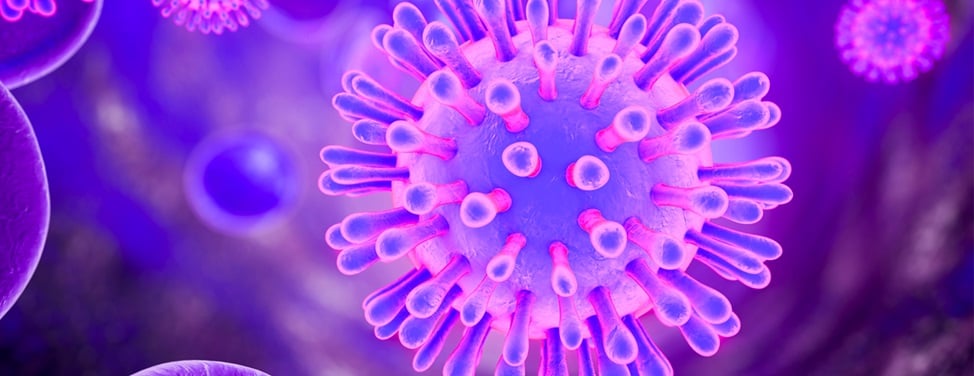
HIV and Pregnancy
Why pregnant women should be tested
If you are pregnant, we recommend you be tested for the human immunodeficiency virus (HIV) even if you do not think you are at risk. Because this infection may go without symptoms for several years, you or your partner may be infected and not be aware of it. Studies have shown that more than half of women already infected with HIV did not think they were at risk.
It is important to know if you have HIV when pregnant so you can get special care to stay healthy and reduce your baby's chance of HIV infection.
What is HIV?
HIV stands for human immunodeficiency virus, a virus that attacks the immune system. The immune system is responsible for preventing and fighting infections. Most people who are infected with HIV do not have symptoms of the disease even though immune damage is occurring.
When a person with HIV is unable to fight common infections or develops certain types of cancer, he or she is diagnosed with AIDS, which stands for acquired immunodeficiency syndrome. It may take more than 10 years for HIV infection to develop into AIDS. Although there is no cure for HIV or AIDS, there are medications that can be used to help a patient's immune system fight infections.
Risk of mother-to-baby transmission
If a pregnant woman is infected with HIV, the chance that HIV will be passed on to her baby is one in four, or 25 percent. However, proper treatment can decrease the chances of passing on the virus to 5 percent or less.
The HIV test
HIV can be found by a blood test. A positive test means that the person has been infected with the HIV virus. When a person is HIV-positive, he or she may not feel sick but can still give the virus to another person. Almost every person who has HIV infection got it by one of the following:
- Unprotected sex of any kind that allows fluids from you and your partner to enter each other's body
- Sharing needles for drugs, tattoos and piercing of the ear and other parts of the body
- Receiving blood transfusions between 1975 and 1985, before the test for HIV was available
- Being born to a mother who is HIV positive or who has AIDS
Protecting yourself from HIV
Remember, you can protect yourself from getting HIV by:
- Always using condoms when having sex (vaginal, anal or oral) unless you are sure your partner does not have HIV, has no other sex partners and does not share needles to inject drugs
- Never sharing hypodermic needles
If you have questions about HIV infection, ways to prevent infection, or the HIV test, please discuss them with your doctor or nurse.
UCSF Health medical specialists have reviewed this information. It is for educational purposes only and is not intended to replace the advice of your doctor or other health care provider. We encourage you to discuss any questions or concerns you may have with your provider.

























